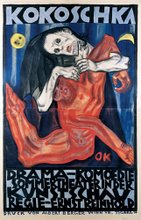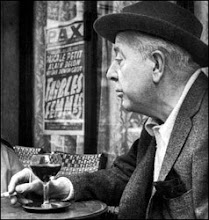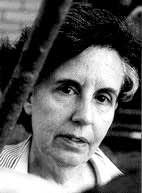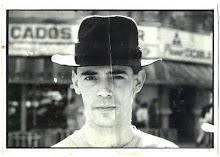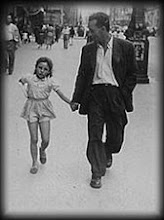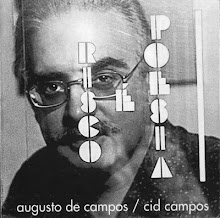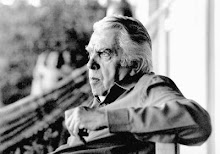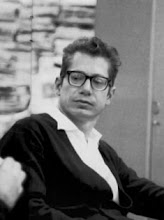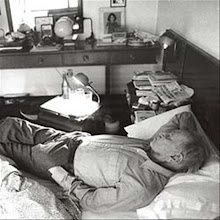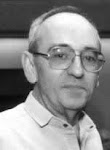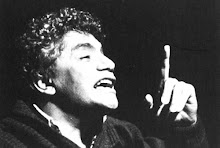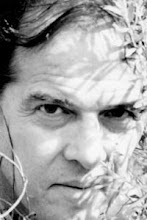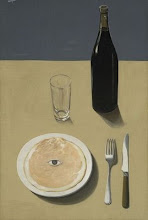Thomas Jefferson was a scientist. That's how he described himself. When you visit his home at Monticello, Virginia, the moment you enter its portals you find ample evidence of his scientific interests - not just in his immense and varied library, but in copying machines, automatic doors, telescopes and other instruments, some at the cutting edge of early nineteenth-century technology. Some he invented, some he copied, some he purchased. He compared the plants and animals in America with Europe's, uncovered fossils, used the calculus in the design of a new plough. He mastered Newtonian physics.
Jefferson was a student of history - not just the compliant and safe history that praises our own time or country or ethnic group, but the real history of real humans, our weaknesses as well as our strengths. History taught him that the rich and powerful will steal and oppress if given half a chance. He described the governments of Europe, which he saw at first hand as the American ambassador to France. Under the pretence of government, he said, they had divided their nations into two classes: wolves and sheep. Jefferson taught that every government degenerates when it is left to the rulers alone, because rulers - by the very act of ruling misuse the public trust.
But he worried that the people - and the argument goes back to Thucydides and Aristotle - are easily misled. He also stressed, passionately and repeatedly, that it was essential for the people to understand the risks and benefits of government, to educate themselves, and to involve themselves in the political process. Without that, he said, the wolves will take over.
He believed that the habit of scepticism is an essential prerequisite for responsible citizenship. He argued that the cost of education is trivial compared to the cost of ignorance, of leaving the government to the wolves.
Carl Sagan
1934 - 1996


![[...]](https://blogger.googleusercontent.com/img/b/R29vZ2xl/AVvXsEjeNC2Kyxd34r2LuofHe9-vdXHeHwG3_2NhVmIOTlK2moU0Q4R7taMlS8iMmQgEl1-NdaRsPrLdREzfQZYKfUgjslwLZUZe67dAfFBREu-YRx6WGX-vAUt5eJT4_-lFwT4dGzGCQQ/s220/11798115_858304687558226_1857652538_n.jpg)
